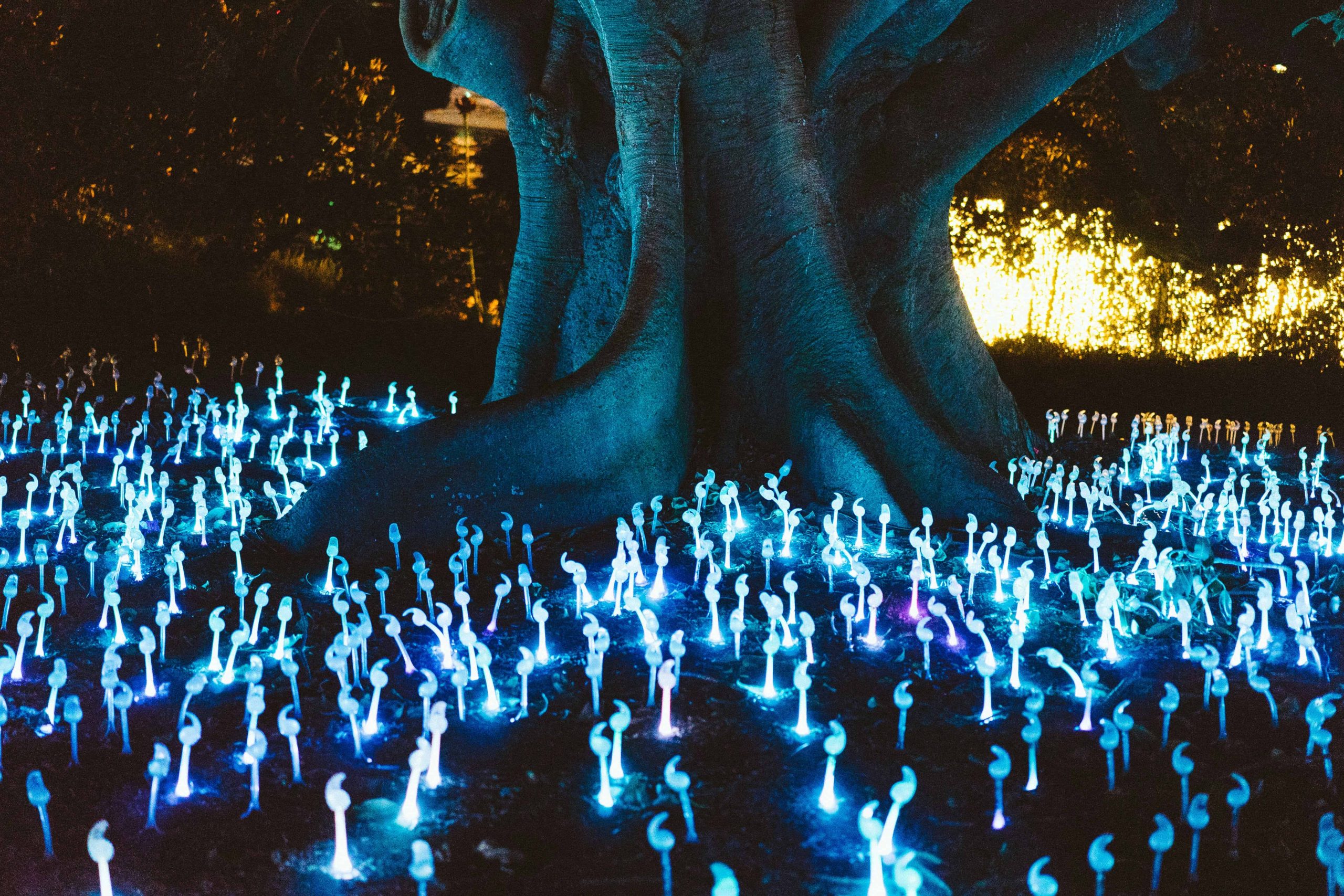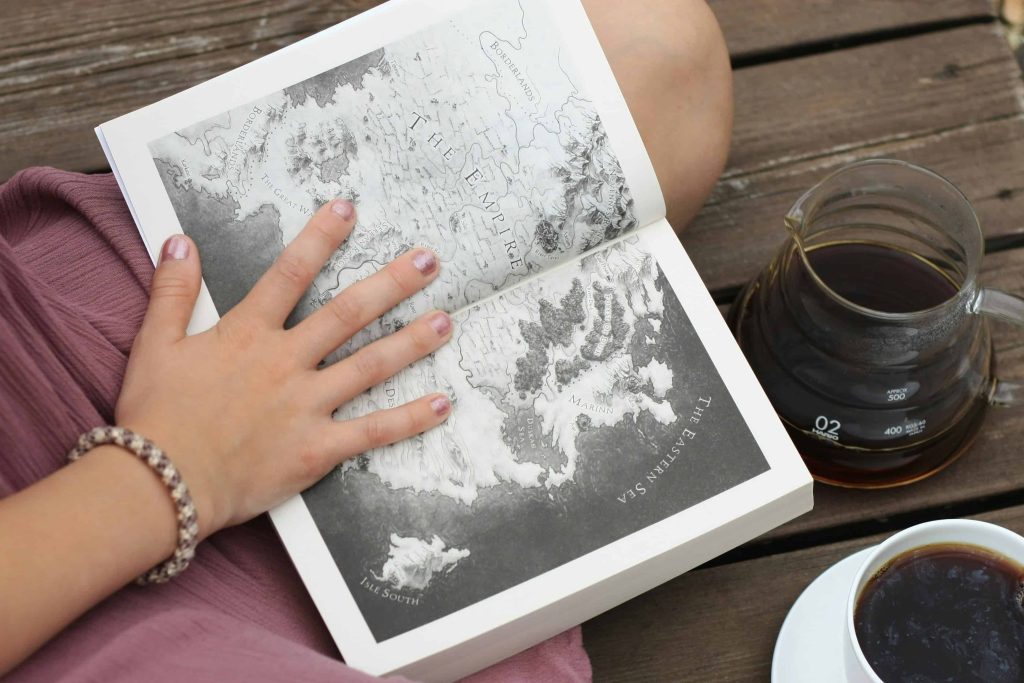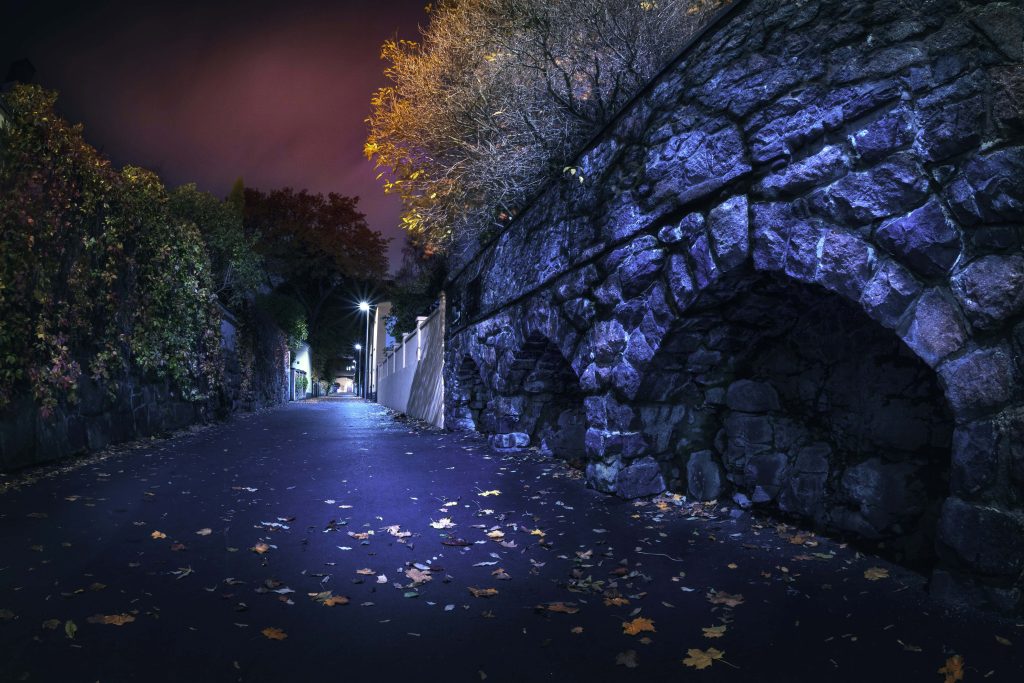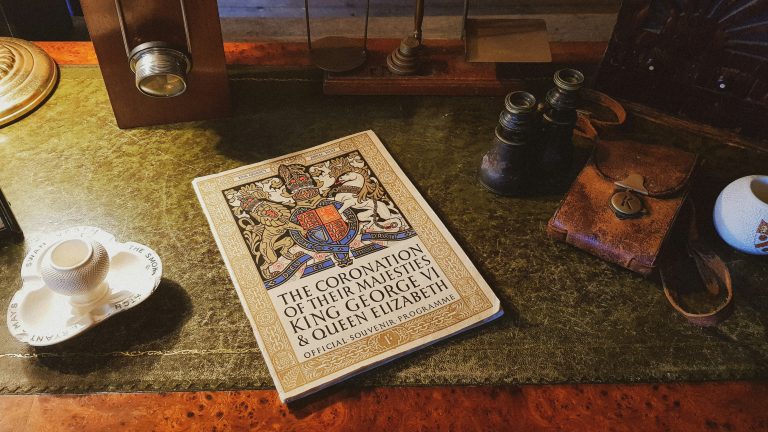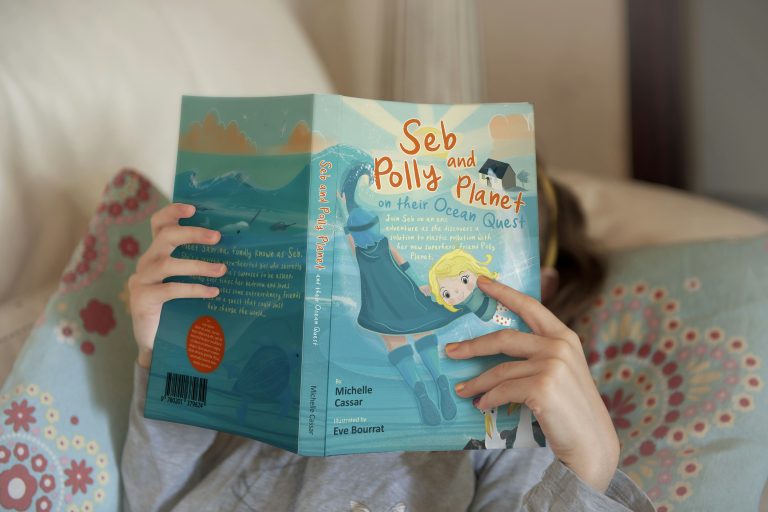Portuguese Fantasy Literature: A Journey Through Magic and Memory
Fantasy Literature Landmarks in Portugal
Fantasy literature, with its boundless imagination and exploration of the unreal, has long captivated readers worldwide. From epic quests to magical realms, the genre continues to evolve across cultures, drawing from deep wells of myth, folklore, and human experience.
Portugal, known for its storied past, maritime history, and vibrant folklore, has a cultural fabric ripe for fantastical reinterpretation. While often overshadowed by its European neighbors in the global literary scene, Portugal harbors a steadily growing body of fantasy literature that deserves recognition. These works tap into local myths, historical legacies, and philosophical introspections, producing unique narratives that blend cultural authenticity with imaginative storytelling.
This article delves into the landmark fantasy novels and series by Portuguese authors, offering a comprehensive analysis of their core themes and distinctive stylistic elements. While we will avoid deep dives into specific case studies, our focus will remain on influential works and the larger trends that define the genre’s evolution within Portugal.
The Emergence of Portuguese Fantasy Literature
Early Influences and Seeds of Fantasy
The seeds of fantasy in Portuguese literature are deeply entwined with the nation’s folkloric and mythological traditions. Tales of enchanted forests, magical creatures like lobisomens (werewolves), and stories of saints and miracles found in romances populares created a fertile ground for imaginative storytelling. Portuguese maritime exploration also contributed to a legacy of the mystical, as tales of sea monsters, mythical islands like Atlantis, and distant, exotic lands were circulated by sailors and chroniclers.
Medieval literature, especially cantigas (lyric poetry) and livros de cavalaria (chivalric romances), often featured fantastical themes that blurred the line between history and myth. These early works served as cultural blueprints, subtly influencing modern fantasy writers who sought to reclaim and reimagine these motifs for contemporary readers.
Identifying the Pioneers
The modern development of fantasy literature in Portugal began in earnest in the late 20th century, with authors such as David Soares, Filipe Faria, and Sandra Carvalho playing pivotal roles. Filipe Faria’s Chronicles of Allaryia series, often credited as one of the first major fantasy epics in Portugal, helped bring genre fiction into mainstream Portuguese publishing. These authors bridged classical mythologies with fresh narratives, establishing a new genre identity that was unmistakably Portuguese in tone and texture.
Their success paved the way for other writers to experiment with fantasy, inspiring a generation of authors to draw from indigenous traditions while innovating within global fantasy norms.
Contextual Factors
The rise of Portuguese fantasy coincided with broader cultural shifts in post-dictatorship Portugal. The 1974 Carnation Revolution ushered in a period of democratic openness and cultural renaissance. With increased access to global literature, film, and television, Portuguese readers and writers became more exposed to international fantasy—from Tolkien and Rowling to George R.R. Martin.
Additionally, a renewed interest in national heritage, regional folklore, and postcolonial identity gave writers fertile ground to explore hybrid narratives—combining myth and modernity, tradition and transgression.
Landmark Fantasy Novels and Series: Thematic Analysis
Exploration of Identity and Belonging
Many Portuguese fantasy works grapple with themes of identity, often reflecting the country’s own complex historical narrative. These narratives delve into personal and collective identity, sometimes through protagonists who straddle worlds—between the human and the magical, or between ancient legacies and modern dilemmas. The question of belonging, particularly in a fractured or shifting world, is a central preoccupation. Whether through exile, transformation, or quest, characters often search for home, heritage, or a greater purpose.
This theme resonates deeply in a country with a long history of emigration, cultural hybridity, and regional diversity. Fantasy becomes a lens through which national and personal identities are reimagined and reconciled.
Engagement with History and Mythology
Portuguese fantasy is rich in historical intertextuality. Authors often rework legendary figures such as King Sebastian (O Desejado), who vanished in battle and is mythologized as a sleeping king destined to return. Other writers reimagine historical events—like the Reconquista, the Age of Discoveries, or the Inquisition—infused with magical realism or high fantasy aesthetics.
These retellings serve dual purposes: they revive cultural memory while also critiquing or complicating it. By transforming historical figures into mythical heroes or villains, authors blur fact and fantasy to explore deeper truths about Portuguese identity and legacy.
Examinations of Power and Society
Portuguese fantasy often critiques systems of power, echoing the country’s historical struggles with authoritarianism and colonialism. These critiques manifest in stories of oppressive empires, corrupt priesthoods, or magical castes. Such works interrogate themes of justice, freedom, and resistance, often through underdog protagonists or moral ambiguity.
Some authors portray matriarchal or egalitarian societies to question patriarchal and hierarchical norms, while others expose the cost of rebellion and the cyclical nature of power. These layered explorations elevate the genre beyond escapism into political allegory.
The Role of Magic and the Supernatural
Magic in Portuguese fantasy is rarely arbitrary—it is often embedded in the natural world, folklore, or historical mysticism. Unlike Western-style systems based on rigid rules or schools, Portuguese magic frequently involves intuition, ancestral memory, or spiritual symbiosis with the environment.
The supernatural is treated with reverence and ambiguity. Ghosts, enchanted animals, or sacred artifacts carry emotional and symbolic weight, often serving as conduits between the mundane and the mythical. This rootedness in native tradition lends the supernatural an intimate, almost sacred quality.
Other Recurring Themes
Recurring motifs in Portuguese fantasy include the environment’s sanctity, the dangers of forgetting the past, and the clash between tradition and progress. Environmental concerns, such as the destruction of sacred forests or polluted magical realms, reflect growing ecological awareness. Similarly, cultural and generational clashes are depicted through characters torn between modernity and ancestral duties, portraying the costs of cultural erasure.
Journeys—both literal and psychological—are also frequent narrative structures, symbolizing growth, redemption, or self-discovery.
Landmark Fantasy Novels and Series: Stylistic Analysis
Narrative Voice and Perspective
Portuguese fantasy authors tend to employ a rich, lyrical narrative voice that draws from classical storytelling traditions. First-person and close third-person perspectives dominate, fostering intimacy and emotional depth. Some works experiment with shifting narrators or epistolary forms, adding layers of subjectivity and mystery.
The emphasis on internal monologue and introspection distinguishes Portuguese fantasy from the action-driven tone of some Anglo-American works. These narrative choices invite readers to reflect, not just react.
Worldbuilding and Setting Creation
Portuguese fantasy worlds are often characterized by layered histories, diverse terrains, and hybrid cultures. From ancient coastal kingdoms to inland magical forests, the settings are imaginative yet grounded in Iberian geography and architectural aesthetics. Detailed descriptions and immersive sensory language create textured environments that feel lived-in and authentic.
Authors often develop unique mythologies and languages, but unlike Tolkien-style elaborate linguistics, Portuguese writers prioritize cultural resonance and allegorical depth over sheer scale.
Language and Tone
The language in Portuguese fantasy is frequently poetic and evocative, reflecting the influence of Portuguese literary giants like Fernando Pessoa and José Saramago. Metaphorical richness and emotional nuance dominate, with a tone that varies from melancholic to mystical.
Many authors blend formal, almost archaic prose with modern expressions, creating a linguistic duality that mirrors the tension between past and present—a recurring thematic concern.
Genre Blending and Innovation
Portuguese fantasy often intersects with other genres such as historical fiction, horror, romance, and philosophical fiction. This blending allows authors to stretch the genre’s boundaries, resulting in works that feel both familiar and experimental.
For example, magical realism—common in Lusophone literature—is frequently woven into fantasy narratives, producing stories where magic coexists seamlessly with reality, rather than being hidden or suppressed.
Influence of Literary Traditions
Portuguese fantasy bears the imprint of local literary traditions, including fado (a musical genre steeped in sorrow and fate), Romantic poetry, and Catholic mysticism. Internationally, authors have drawn from the fantastical works of Italo Calvino, Jorge Luis Borges, and Gabriel García Márquez—especially in their philosophical and metafictional aspects.
The result is a stylistic hybridity that feels intellectually rich and emotionally resonant, making Portuguese fantasy a genre of both depth and beauty.
The Significance and Impact of Portuguese Fantasy Literature
Contribution to National Literature
Fantasy literature has become an important and growing segment of Portuguese national literature. While once marginalized in favor of realism and historical fiction, fantasy is increasingly recognized for its cultural value, narrative innovation, and appeal to younger audiences.
By reinterpreting folklore and history through imaginative lenses, fantasy enriches the national literary tapestry and fosters new modes of cultural expression.
Reaching New Audiences
The accessibility and universality of fantasy allow Portuguese authors to connect with readers across generations and borders. Fantasy can serve as an entry point into Portuguese culture for international readers, while also giving local youth a sense of cultural pride and imaginative empowerment.
Translation efforts and digital publishing platforms are slowly helping Portuguese fantasy gain visibility in the global market, although more institutional support is needed to amplify its reach.
The Evolution of the Genre
As the genre continues to mature, contemporary Portuguese fantasy is becoming more diverse and inclusive. Writers are exploring queer narratives, Afro-Portuguese myths, and postcolonial reimaginings, signaling a genre that is both rooted and responsive to modern sensibilities.
New voices are emerging alongside established ones, expanding the thematic range and stylistic approaches, ensuring that Portuguese fantasy remains dynamic and forward-looking.
Conclusion
Portuguese fantasy literature has emerged as a rich, culturally resonant genre that merges myth, history, and philosophical depth. Its authors draw from national folklore and lived heritage to craft imaginative narratives that both honor and question tradition. With increasing diversity and stylistic experimentation, the genre continues to evolve—bridging past and present, local and global. As more voices join the conversation and translation efforts grow, Portuguese fantasy holds the potential to captivate international audiences while redefining its place within national literature. It is a genre rooted in memory yet boldly charting new frontiers.
Key Takeaways
- Culturally Rich Origins: Portuguese fantasy draws heavily from folklore, medieval literature, and maritime myths, creating a unique narrative foundation.
- Modern Pioneers: Authors like Filipe Faria and Sandra Carvalho helped establish the genre in the late 20th century, blending myth with modern storytelling.
- Core Themes: Identity, belonging, history, and resistance are central, often explored through magical quests and reimagined historical events.
- Distinctive Magic: Magic is intuitive and symbolic, rooted in nature, ancestry, and spiritual tradition rather than rigid systems.
- Lyrical Style: Portuguese fantasy is known for poetic language, introspective narration, and emotional depth, influenced by local literary traditions.
- Genre Fusion: It blends fantasy with historical fiction, horror, and magical realism, creating layered and innovative narratives.
- National Impact: Fantasy is gaining recognition in Portugal, enriching its literature and connecting with younger and international audiences.
- Inclusive Evolution: The genre is expanding to include diverse voices and themes, reflecting modern Portuguese society and its cultural complexities.
FAQs
What makes Portuguese fantasy literature unique compared to other global fantasy traditions?
Portuguese fantasy stands out for its deep roots in local folklore, maritime myths, and historical reimaginings. Unlike many Anglo-centric fantasies, it often weaves in spiritual mysticism, lyrical language, and philosophical reflection, offering a culturally rich, introspective narrative that blurs the lines between myth, memory, and modernity.
Which authors helped shape the modern Portuguese fantasy genre?
Key figures like Filipe Faria, David Soares, and Sandra Carvalho were instrumental in defining modern Portuguese fantasy. Their works fused national mythology with global fantasy tropes, creating compelling, culturally resonant worlds that expanded the genre’s appeal and inspired a new generation of Portuguese fantasy writers.
How does Portuguese fantasy reflect the country’s historical and cultural identity?
Portuguese fantasy often reimagines historical events—like the Age of Discoveries or the Inquisition—through magical lenses. It explores national identity, postcolonial themes, and social power structures, using myth and fantasy to critically engage with Portugal’s complex cultural heritage and evolving societal values.
Step into the dramatic and captivating world of medieval Portugal, where the clash of cultures, the fervor of faith, and the courage of knights shaped a pivotal chapter in European history—explored through the immersive lens of historical fiction set during the Reconquista.

